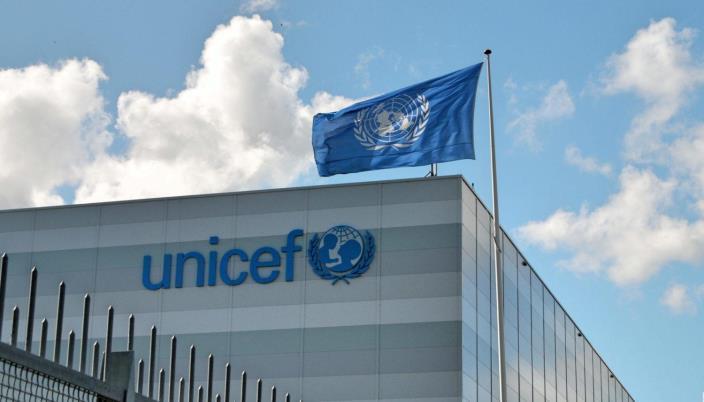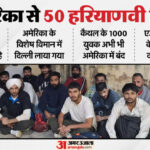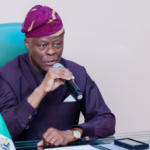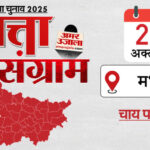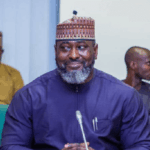The federal government and the United Nations Children's Fund (UNICEF) have called on journalists to ensure that the rights and privileges of children are protected in their reporting.
UNICEF Country Representative, Wafa Saeed recently delivered the charge in Port Harcourt, while welcoming selected media participants from the South-East, South-South and North-Central regions to a two-day training of media practitioners on ethical journalism and child rights reporting organized in collaboration by the Federal Ministry of Information.
UNICEF.
The objective of the training was to strengthen the capacity of media professionals in reporting children-related issues in the best possible manner and respecting human dignity.
UNICEF's country representative, represented by Anselm Audu, Head of Field Office, Port Harcourt, said journalists had a vital role in shaping the narrative on children's issues and “they have a duty to prioritize the best interests of children and ensure that your reporting does not harm or exploit children.”
She added that “The media have the power to amplify children's voices, highlight their struggles, and draw attention to issues affecting their well-being. However, with this power also comes great responsibility. The way we report on children, and their stories, can have a lasting impact on their lives.”
“Children are not adults. They are vulnerable, their minds are impressionable, and their future is determined by how we represent them.
“Ethical reporting means protecting their identity. This means never publishing a child's name or image in a way that stigmatizes them, exposes them to retaliation, or re-traumatizes them – especially children affected by violence, conflict, or abuse.
“This means giving them a voice, not speaking for them. This includes interviewing children with respect and consent, allowing them to share their experiences in a safe and respectful way. This means prioritizing their best interests.”
Also read: UNICEF, FG train journalists on ethical reporting, child rights
The Permanent Secretary, Federal Ministry of Information and National Orientation, Chinasa Ogbodo, who was represented by the Assistant Director/Head of the Child Rights Information Bureau, CRIB, Federal Ministry of Information and National Orientation, Temitoye Falayi, said the session brought together journalists, media practitioners and advocates who play a vital role in shaping public understanding, influencing attitudes and protecting the most vulnerable members of society, that is children. Are.
According to him, “The media has immense power, the power to inform, inspire and hold institutions accountable. But with that power also comes a deep responsibility, to report with honesty, sensitivity and respect for human dignity. When it comes to stories involving children, this responsibility becomes even greater.”
“Every image, every word and every frame we publish can have lasting consequences on a child's life, safety and future. This training is designed to help us reflect on our ethical obligations as journalists, explore best practices for reporting on children's issues, and strengthen our understanding of child rights enshrined in national laws and international conventions.”
Resource Person, Geoffrey Njoku
The communications, advocacy and development consultant spoke on the United Nations, the United Nations, the Convention on the Rights of the Child and an overview of ethical principles in reporting children's issues.
Jid Johnson spoke on the foundations of child rights, Lekan Sote discussed balancing public interest with child protection, while Charles Obote spoke on 'drafting newsroom guidelines on reporting on children'.
Susan Akila, UNICEF Nigeria's Communications Specialist and Acting Head of Communications, Advocacy and Partnerships, affirmed the agency's strong collaboration with the media in advancing children's rights.
“We don't play with our media partners because we know you're foot soldiers,” Akila said.
According to him, “Children have no voice, and journalists are in the best position to speak responsibly for them.” The training is described as an interactive session designed to share real field experiences, discuss ethical codes, and identify best practices for reporting on children.

